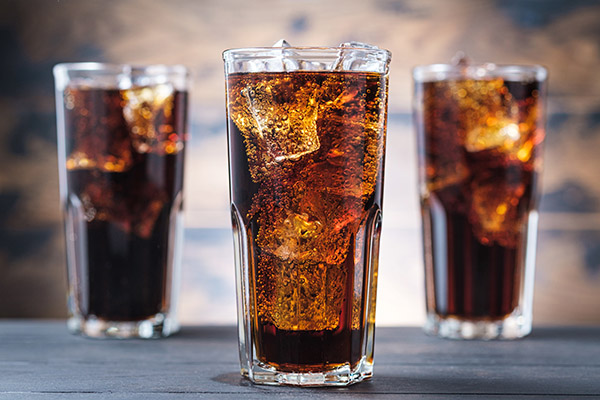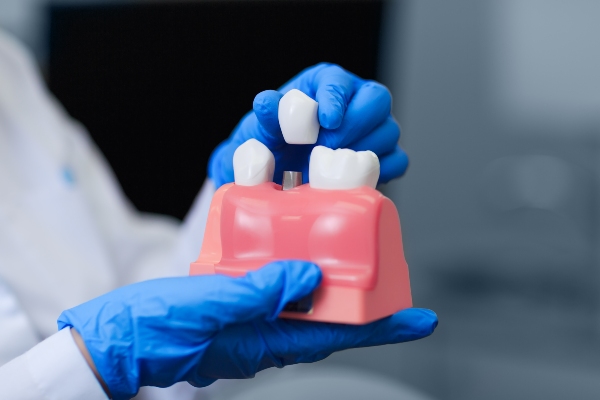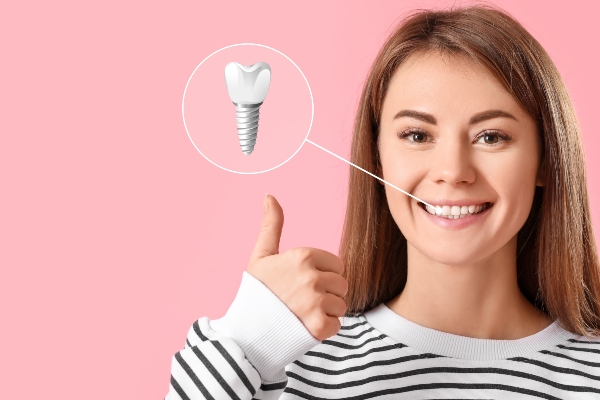 Your dental practice might have already told you that sugar is horrible for both teeth and gums. That includes candy, cookies, cake, and pies but also sweet sodas. The average person in the U.S. drinks almost 40 gallons of soda a year. That alone keeps a dental practice busy. With that level of consumption, it is no wonder why so many people ask what soda can do to teeth.
Your dental practice might have already told you that sugar is horrible for both teeth and gums. That includes candy, cookies, cake, and pies but also sweet sodas. The average person in the U.S. drinks almost 40 gallons of soda a year. That alone keeps a dental practice busy. With that level of consumption, it is no wonder why so many people ask what soda can do to teeth.
A dental practice explains the two main issues with soda
When it comes to drinking soda, two main things can damage teeth. The first is that as a super sugary beverage, soda causes cavities. The second is that soda is a direct contributor to tooth erosion. So, why do these two things happen?
A dental practice explains the sugar in soda interacts with bacteria inside of the mouth. That causes a reaction that leads to the formation of acid, which then attacks teeth. Not only is regular soda a problem but also the sugar-free kind, as well. The damaging reaction lasts roughly 20 minutes. So, when sipping on soda throughout the day, teeth are constantly attacked.
As for erosion, as soon as the acid caused by soda comes into contact with tooth enamel, it begins an erosion process. Tooth enamel softens to the point that its protection becomes compromised. The more compromised the enamel, the worse things get. If not diagnosed and treated early, an individual could experience severe damage.
Preventing damage to the teeth
Due to how soda impacts teeth and gums, a dental practice includes education as part of regularly scheduled visits. However, a dentist will also answer any questions a patient has. Telling someone to simply give up soda is not that easy. This is why a dental practice offers alternative solutions.
Cut down
The ideal thing a person could do is to stop drinking soda altogether. However, for some people, that is not an option. In that case, even cutting down can lower the risk of cavities and erosion. Although just one soda can damage teeth, an individual should strive to have just one soda per day.
Drink fast
The longer someone sips on soda, the higher risk of tooth damage. However, some people cannot kick their soft drink habit. So, they should try to drink quickly. That will reduce the amount of time the sugars and acids have to start the destructive process.
Sip through a straw
Here is a great piece of advice from a dental practice. By sipping through a stray, the soda does not come into contact with the teeth as much. This also helps reduce discoloration for people who enjoy drinking other beverages that stain teeth. These include coffee, tea, and wine.
Talk to your dentist
If you enjoy drinking soda, talk to your dentist for professional guidance. You might make a good candidate for a sealant, which could help. If possible, give up your soda for the sake of your teeth. In the long run, this is the ideal option.
Recent Posts
Many adults have some anxiety or fear when visiting a dental practice. Unfortunately, that prevents many people from receiving enough care. That can damage your oral health. The good news is there are some things you can do to mitigate your fears. Keep reading to learn more.Many things describe dental phobia. Patients might call it…
As part of a dental practice, a dentist educates patients on healthy eating. When it comes to eating right, most people think of dieting or getting the body healthy. However, what you put into your body also has a direct effect on the health of your gums and teeth. Even people who have their teeth…
A dental practice quickly treats gum disease, but it first requires identifying the condition. It might make itself known when the gums bleed when flossing or brushing the teeth. The gums could become tender, red, or swollen. Knowing the answers to these frequent questions allows patients to make better oral health decisions.Early gum disease is…


